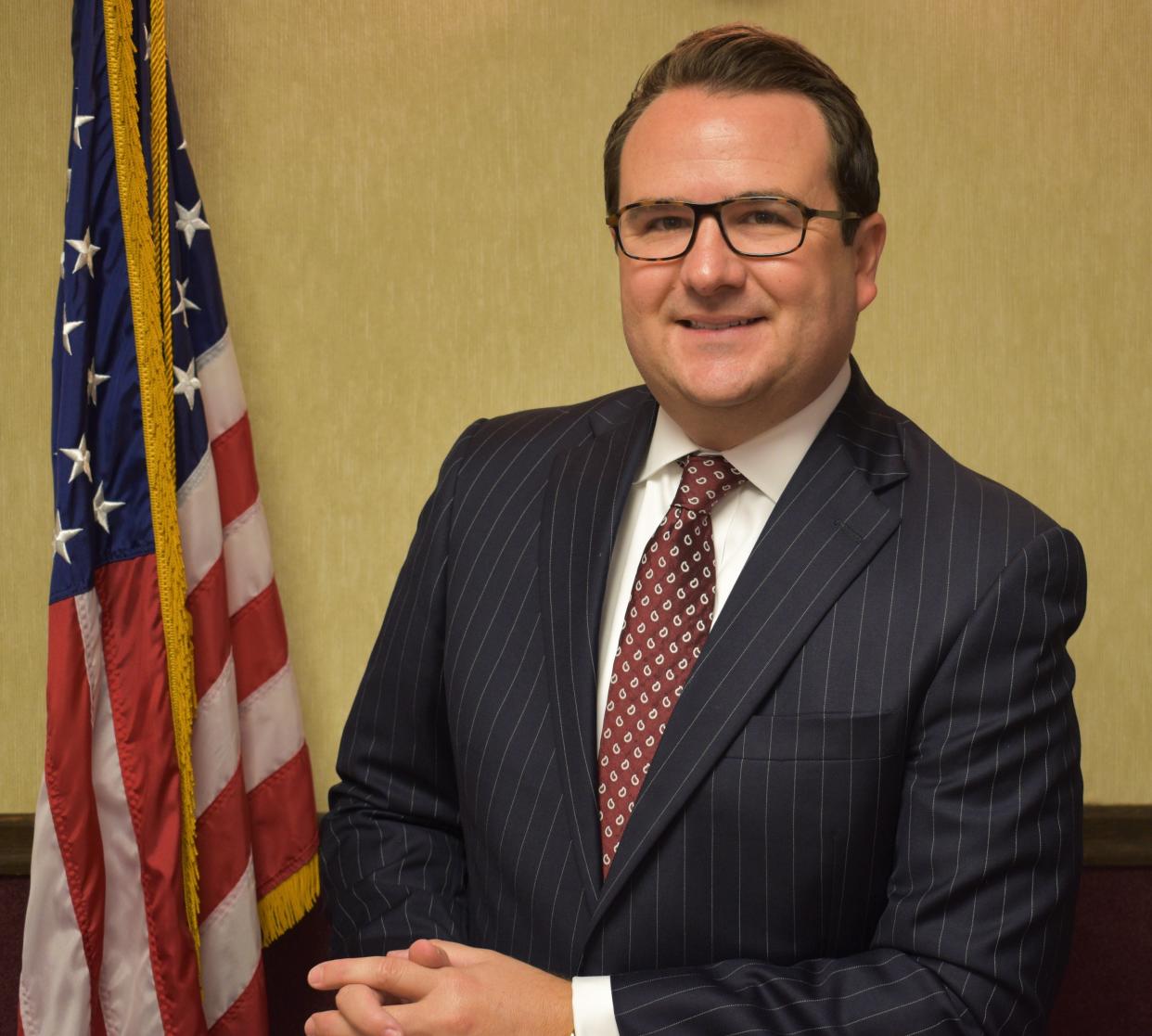Agreement on electric vehicles must include relevant stakeholders, support fair competition

To promote electric vehicle (EV) adoption and help establish a nationwide network of EV charging stations, five governors in the Midwest region (Illinois, Indiana, Michigan, Wisconsin, Minnesota) agreed to join what they term the Regional Electric Vehicle Midwest Coalition. Based on the group’s initiative, the goal of this coalition is to foster increased cooperation between participating states to advance our transportation sector’s transition to EVs.
More: Christmas un-decorating
As the governors move forward with this collaboration, they must do the following: ensure that the private sector is a key stakeholder in these decisions, and advocate for policies that will produce the greatest number of EV charging stations, or risk hindering the transition to EVs.
The most effective strategy for the deployment of EV infrastructure is the same as what resulted in fueling stations being conveniently located across the country — fair competition and private sector investment.
More: It depends what you’re looking for
Utility companies are usually at the forefront of lawmakers’ minds when it comes to EVs. With the need to meet increased electricity demands to accommodate this initiative, they deserve that consideration in the process. However, utility companies are often provided government funding AND can use their monopoly on energy production to eliminate competition in the EV charging market.
One anti-competitive advantage that is allowing utility companies to corner this emerging marketplace is demand charges, which are extra fees utility companies charge for electrical usage during peak times to ensure the electrical grid is prepared to withstand energy needs.
Small businesses are often overburdened by these charges, thus discouraged from moving forward with EV charging installations.
More: Secretary of State encourages everyone to celebrate life of Dr. King
Many small fuel stops and convenience stores have tried to join the EV transition and host direct current fast charging (DCFC) stations. These chargers allow EV customers to charge their cars in a shorter time frame. But, when a DCFS is used, it almost always peaks energy usage, triggering additional fees. When added to the basic cost of electricity, EV chargers quickly become unprofitable. According to research, nearly all businesses operating DCFC chargers lose money.
More: Lessons from one hostage survivor
Another unfair advantage is that utility companies are getting approved to increase fees on their current ratepayers to cover the cost of constructing and operating EV chargers, where convenience stores and other fueling stations must use private capital for this investment.
This ability for utility companies to unfairly compete in this market will inevitably lead to fewer EV charging stations, given how vital the private sector's role is in fueling our transportation sector. Therefore, the private sector must be among the key stakeholders that are brought to this discussion to create a fair partnership for fund development.
When these governors state they will develop an approach “informed by industry, academic, and community engagement,” I hope the private sector will have their voices heard. Small fuel stops were an
invaluable asset to creating the interconnected national transportation network we all know today, and they will continue to help forge a new EV future if lawmakers support fair competition.
Josh Sharp is CEO of the Illinois Fuel and Retail Association in Springfield.
This article originally appeared on Canton Daily Ledger: Illinois part of Regional Electric Vehicle Midwest Coalition

